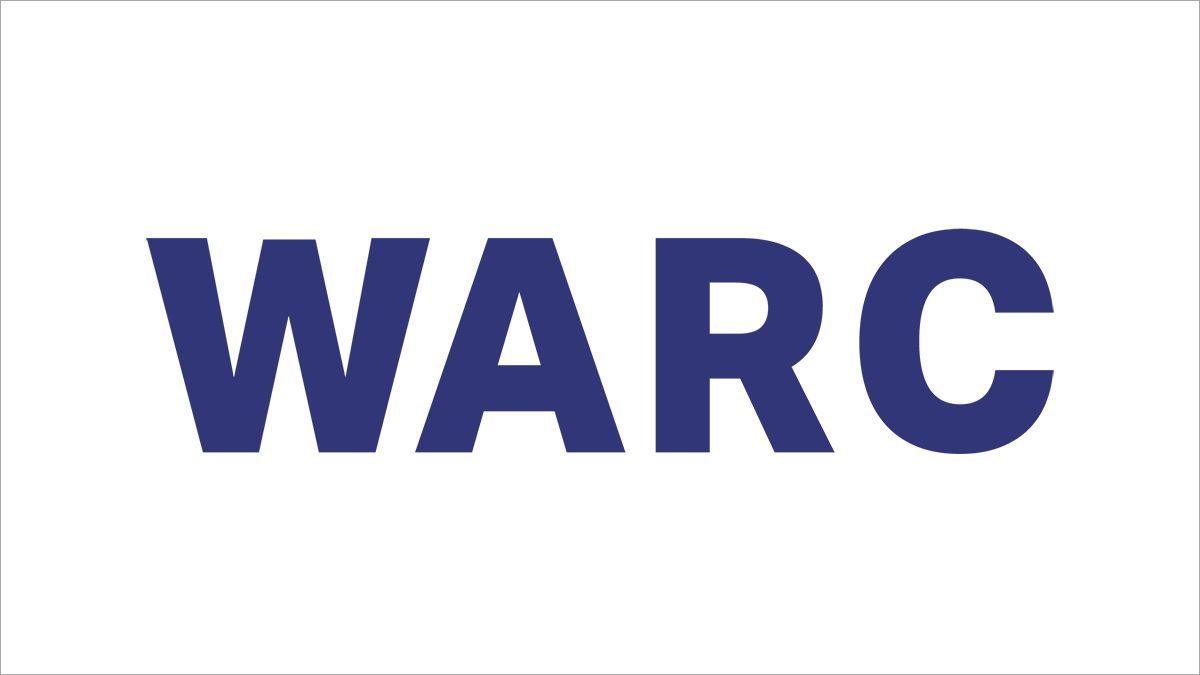Marketer Sees Opportunities Amidst Growing Challenges in 2025, according to WARC's Marketer's Toolkit

New Delhi: As the world enters a new economic phase, marketers are taking heed of five key trends that will shape their strategies in 2025. According to WARC's Marketer's Toolkit 2025, three-quarters of marketers believe the business environment next year will be better than this year, driven by inflation subsiding and consumer confidence rebuilding.
In its 14th year, The Marketer's Toolkit provides strategic support for planning and decision-making, helping marketers navigate challenges and capitalize on opportunities. The report identifies five trends that will drive global marketing strategies: capitalizing on the economic reset, closing the customer experience gap, managing the digital dilemma, addressing AI sustainability concerns, and targeting solo-living consumers.
Capitalizing on Economic Reset, Brands Must Regain Pricing Power
Marketers expect a better business environment in 2025, with two-thirds of survey respondents believing that global ad spend will reach $1.15 trillion next year. As inflation subsides, the focus shifts to building pricing power and maintaining premium prices for brands.
"Finding strategies to leverage new economic opportunities is a major theme for The Marketer's Toolkit 2025," said Aditya Kishore, Insight Director, WARC. "Marketers will need to develop considered approaches to defend pricing strategies, avoid confusing consumers with frequent changes in advertising, and become the customer's voice in the boardroom by influencing their 4Ps - pricing, product, promotion, and place."
Strengthening Customer Experience Key to Competitiveness
A growing gap between a brand's promise and actual customer experience poses a significant challenge for marketers. A staggering $3.7 trillion is at risk if customers cut spending or switch brands after poor experiences.
Brands are recommended to adapt strategies to better align customer promise and experience, boost memorability and distinctiveness at critical touchpoints, and constantly test, learn, and listen to feedback.
Digital Dilemma: Social Media Spending Not Expected to Decline
Despite ongoing concerns about brand safety, advertisers expect it to have a significant impact on their marketing strategies in the coming 12 months. However, only 8% plan to reduce or cut their investment in social media, with three major platforms - Alphabet, Amazon, and Meta - forecasted to account for 44% of all global ad spend this year.
Brands must take an active role in managing the digital platforms on which their ads appear, mitigating the risks associated with AI-powered campaign management tools. Industry initiatives have failed to improve conditions, highlighting the need for brands to adapt and innovate.
Addressing AI Sustainability Concerns
The exponential promise of artificial intelligence (AI) is matched by its insatiable energy use. Research shows generating one image with a powerful AI model uses as much energy as charging a smartphone - between 5g and 10g of CO2 emissions per campaign, equivalent to seven people's yearly emissions.
Marketers must engage in sustainability discussions and build thorough frameworks to guide their work. Media buyers can set the template for others by building consistency, scalability, and planet-specific monitoring processes.
Targeting Solo-Living Consumers
The number of single-person households is expected to grow to 68% by 2040, posing a significant market opportunity. However, relatively few marketers are targeting this segment or communicating with emotional resonance.
Brands have the chance to connect with this audience by catering to their specific needs and reducing the "single-person penalty" making them feel valued.
In conclusion, marketer will need to be proactive in addressing these challenges and seize opportunities presented in 2025.
